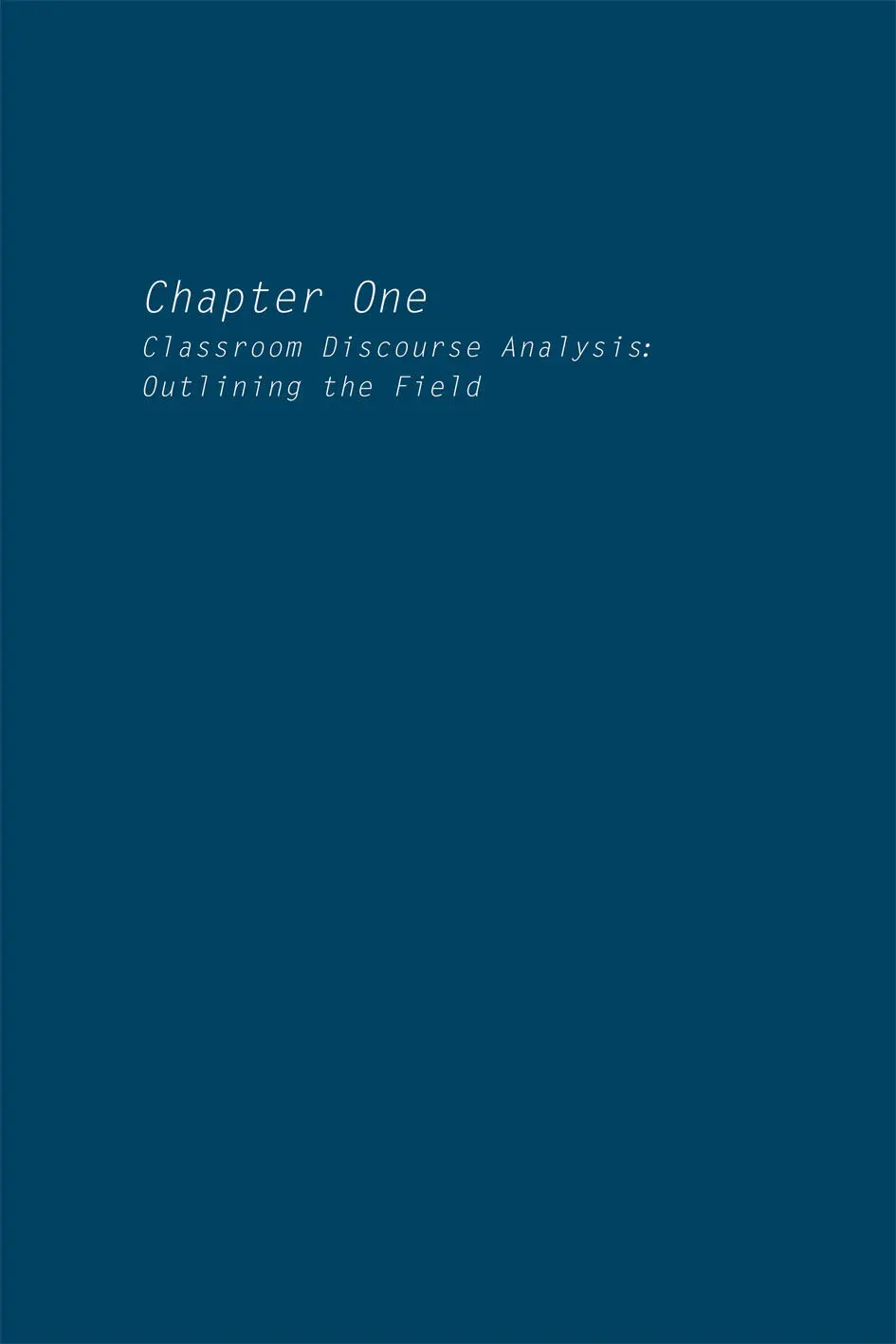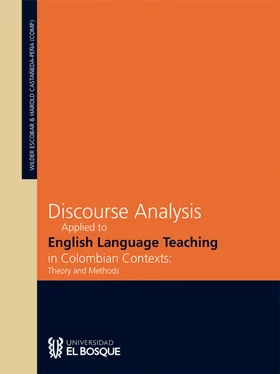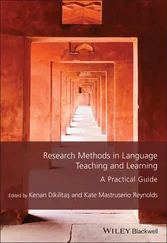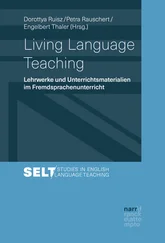The second chapter, ‘Exploring Pragma-grammatical Roles of ‘Do’ in EFL Students Spoken Production’ is a corpus linguistics study that uses computerized tools to examine naturally occurring conversations and characterize patterns of language use to subsequently compare them to the socio-cultural language configurations native English speakers use in their natural sociocultural exchange to analyze their potential impact on communication. The analysis is initially guided by patterns of use, overuse, and underuse of linguistic resources which consequently warrants the detailed examination of specific linguistic items through the creation and use of concordances; additionally, this chapter exemplifies the study of one specific linguistic item ‘do’ and its interrelations to other linguistic components in meaning-making attempts and in light of sociocultural representations.
Chapter three, ‘Doing Research on Classroom Interaction: Approaches, Studies and Reasons’ reflects upon the structures of conversations discussing three investigations conducted under conversation analysis methodologies and theories about discourse analysis. These studies postulate influences of L1 on L2, describe request events and delineate sequencing in classroom conversations. This chapter advocates discourse analysis to understand the pragmatics of interaction, the construction of social roles in the EFL classroom, and the discursive dynamics of the EFL teaching and learning endeavor.
Chapter Four, ‘Unveiling the Masked Meanings of Classroom Interaction: A Critical Analysis to Classroom Discourse’ seeks to characterize the identity-forming processes of EFL learners and how such identities may have an impact on the linguistic development and performance of EFL students. It advocates the need to enlarge our conception of the foreign language beyond the linguistic code and in isolation from other knowledge constructions into conceptualizations of language as a social practice that mediates cognitive processes of diverse natures.
Chapter five, ‘From Underdogs to Important Speakers: Unveiling Language Learners’ Identities through Peer-Approval Discourses’ explores the discursive construction of status, hierarchy, and membership to groups in virtual contexts observing the interchange of opinions and reactions of students’ affiliations to music, hobbies, knowledge, etc., and in terms of peer approval and disapproval. This study highlights the importance of discourse analysis in terms of the contested power struggles evidenced in a learning environment, the importance of understanding such dynamics in the teaching practice, and the possible mitigation of hostile environments to enhance learning.
Finally conclusions draw comprehensible associations between discourse analysis and language in several arenas: (a) the progressive evolution of discourse analysis and what it could represent for language education today; (b) the understanding of language make up and behavior and how discourse analysis could promote advantageous findings about linguistic structures and language use; (c) the establishment of connections between language and society to describe how language structures social life and, reciprocally, how social life structures language; (d) exploring the intricate relation between language and the self to depict identity-forming processes in foreign language interaction; and (e) describing individual and collective dynamics of social positioning which strive for distinctiveness as well as ‘me’ membership.
Discourse analysis holds wide-reaching importance for the teaching and learning of English as a foreign language. It provides methods to acquire linguistic knowledge and update linguistic competence in a context where English is not commonly spoken in social life; it allows inquiries into social factors which play a crucial role in linguistic development and performance; and, it facilitates understanding the social appropriations of English as a foreign language and the construction and positioning of the persona in foreign language interaction.
As such, Discourse Analysis Applied to English Language Teaching in Colombian Contexts: Theory and Methods seeks to stimulate the discussion about discourse analysis within the English teaching and learning processes, exemplify approaches to such analysis which may result in changes in teaching practices, and disseminate findings derived from studies which have exhibited a significant impact in the field of English as a foreign language teaching and learning in Colombia.
Wilder Escobar &
Harold Castañeda-Peña

Harold Castañeda-Peña holds a Doctoral Degree in Education, Goldsmiths, University of London. He is an assistant professor at the School of Science and Education at Universidad Distrital Francisco José de Caldas where he directs the Master Program in Applied Linguistics to TEFL and the Research Group Aprendizaje y Sociedad de la Informacion. He is interested in gender, information literacy and videogaming in relation to language learning and teacher education from a discursive perspective. He has published articles relating gender and ELT preschool education in The Colombian Applied Linguistics Journal, Signo y Pensamiento and Magis, Revista Internacional de Investigación en Educación. He is also coauthor of the book Gender and language research methodologies edited by Harrington et al, Palgrave MacMillan (2008) and is author of the book Masculinities and femininities go to preschool: Gender positioning in discourse published by Editorial Pontificia Universidad Javeriana in 2009.
Classroom Discourse Analysis: Outlining the Field
Discourse analysis in linguistics has been applied to work on the way sentences or utterances cohere into discourse (Potter, 2004) and linguists have also developed the work of discourse analysis through the use of classroom interaction. This rather restricted view of the possible scopes of the linguistic studies of discourse is challenged by Van Dijk (1981), who argued years earlier, that by “discourse studies we refer to the new interdisciplinary field between linguistics, poetics, psychology and the social sciences concerned with the systematic theory and analysis of discourses and their various contexts” (Van Dijk, 1981, p. 1). Among those various contexts, it seems that the educational context has been ranked as one important valuable object of study.
There is truth in both Potter’s and Van Dijk’s views, but their somewhat dissimilar positions about the range of action that discourse analysis has might indicate more than a lack of coherence within what is traditionally understood by discourse analysis. Consequently, a complete deconstruction of discourse analysis applied to classroom language with the philosophical approach Derrida recommends may still be needed. This entails a search for the limits and margins of discourse analysis (Derrida, 1982) if research of this type is to qualify its own scope and methods.
This deconstructive claim is especially understood if we keep in mind the overwhelming expansion of research that started especially in the late 60’s and early 70’s about specific educational contexts where classroom language is analyzed (Bellack et al., 1966; Cazden et al., 1972; Sinclair and Coulthard, 1975; Cazden, 1988) and is still growing to date (Christie, 2002). Discourse analysis studies have involved the second and foreign language classrooms (McCarthy and Carter, 1994; Seedhouse, 1995; Nunn, 2001) and (MacNaughton, 1988; Blackbourn-Brockman, 2001). For a recent review regarding Latin America, see Castañeda-Peña (2012).
Читать дальше













